Overview: A typical full system HVAC replacement can range between $7,500-$19,000. Costs vary widely depending on various factors including the efficiency, type and size of the system you choose.
Heating and air conditioning equipment is a big expense. You want your HVAC to last as long as possible, but eventually you discover you probably need new heating and cooling equipment. If your system is getting older and more expensive to repair, you might be thinking it’s time for some brand-new units.
Some triggers that show it may be time to replace are:
- If your energy bills are consistently higher than normal (and it’s not just due to your supplier’s price hikes)
As HVAC systems age, they tend to become less energy-efficient. If you notice a significant increase in your energy bills without any other explanation, it may be due to an inefficient HVAC system that requires replacement.
2. If your unit is consistently needing refrigerant refills
Frequent leaks can be a sign of underlying problems. Since the use of certain refrigerants, such as R-22 (Freon), is being phased out due to environmental concerns, it may be necessary to replace the unit if repairs or recharging is needed.
3. If your unit needs expensive or frequent repair
If you find yourself frequently calling for repairs and experiencing recurring issues with your HVAC system, it may be more cost-effective to replace it rather than continuing to invest in repairs.
4. If your unit is 10+ years old and not working well
HVAC systems have an average lifespan of 10 to 15 years. If your unit is nearing or surpassing this age range, it may be more prone to breakdowns and less energy-efficient, making replacement a viable option.
When you do decide upon HVAC replacement, one of the main questions you want answered is “How much does HVAC replacement cost?”
We will go through lots of types of HVAC systems and factors that affect the cost to get replacement HVAC installed in your home.
Different Types of HVAC Systems
First, what type of HVAC system you want has a large effect on how much it may cost.
- Mini Split Heat Pump – this type of heating and AC is ductless. It can be installed anywhere in the home or even in a detached building. It is ultra-efficient and requires a smaller indoor and outdoor unit. You can also have numerous indoor zones per outdoor unit, which will directly impact the cost of the system. Depending upon the brand, you can have 8 indoor units per outdoor unit. It is ideal to have one “head” per every “zone” in the house that you would like to temperature control. It’s even possible to heat and cool an entire home using mini splits if you are trying to be ultra green and efficient.
READ MORE: What is a Mini Split and Where Does it Make Sense
- Air Conditioner – an air conditioner, or condenser, is installed outside of the home and works by removing heat and humidity from indoor air and pushing it outside. An AC uses gas as its power source.
- Heat Pump – a heat pump is similar to an air conditioner in that it is installed outside of your home and has a matching indoor unit. It also looks almost identical. Unlike an air conditioner, though, a heat pump can both heat and cool and is powered by electricity instead of gas.
- Gas Furnace – as the name suggests, a gas furnace runs on natural gas which ignites in the furnace to warm up the air inside your home and delivers this warm air through the ductwork.
- Electric Furnace – an electric furnace is very similar to its gas counterpart in design but uses electric as its power source.
- Boiler – this type of HVAC works by heating up water and providing hot water or steam for heating. They do not cool.
- Geothermal – this type of heating and cooling system is installed underground and uses the earth’s temperature plus various sets of pipes to heat and cool your home. The upfront installation is very labor intensive.

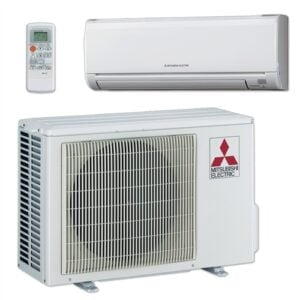
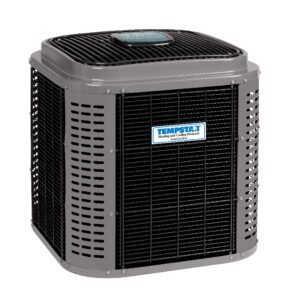

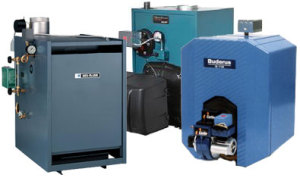
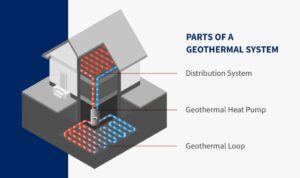
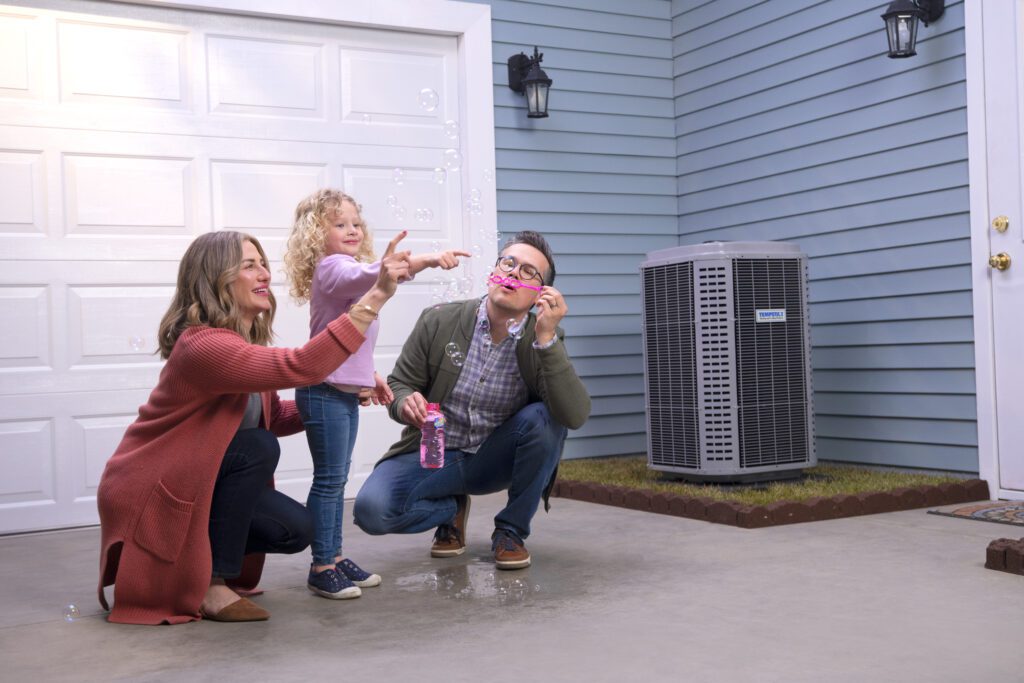
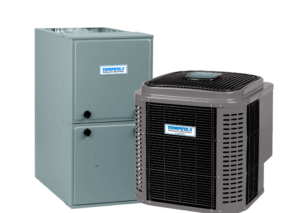 Should I replace furnace and AC at the same time?
Should I replace furnace and AC at the same time?